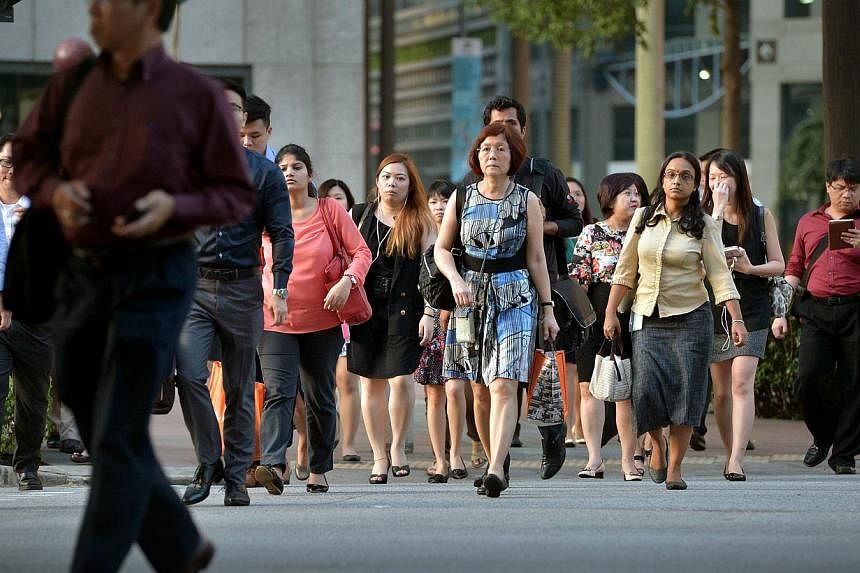SINGAPORE - The Government has chosen to take a phased, gradual approach to economic restructuring rather than apply "shock treatment", Deputy Prime Minister and Finance Minister Tharman Shanmugaratnam said in Parliament on Thursday.
This is a middle way between subsidising business costs across the board and withdrawing government support and letting market forces sort out the winners from the losers, Mr Tharman said in wrapping-up the three-day debate on the Budget.
He was addressing concerns over rising business costs raised by MPs like Mr Inderjit Singh (Ang Mo Kio GRC) over the past two days.
The first approach, where all business costs such as rentals and labour costs are subsidised, is a fundamental constraint on resources amid increasing demand on resources, said Mr Tharman.
And the second, harsher approach of simply allowing market forces to work in the face of a very tight labour market would not just weed out weak businesses but also strong ones too, including promising entrepeneurs, he added.
Taking the second approach would also impose a large cost on workers, he said, adding that it takes time to train and raise the productivity of those returning to the workforce, including older workers and women.
Instead, Singapore has chosen "gradual tightening so as to allow the market to work, but very strong support for firms that want to upgrade and do something about it".
He added that the rising demand for resources is fundamentally why business costs are going up.
Over the last five years, the net number of new firms formed each year was 20,000 per year, said Mr Tharman. In the food and accommodations sector, the net number of new firms was nearly 1,000 a year on average, 50 per cent higher than in the preceding five years.
"So it's a question of revenue growth not being unusually buoyant but demand for resources growing. And in that situation of demand and supply, business costs go up. That's the fundamental reason," he said.



